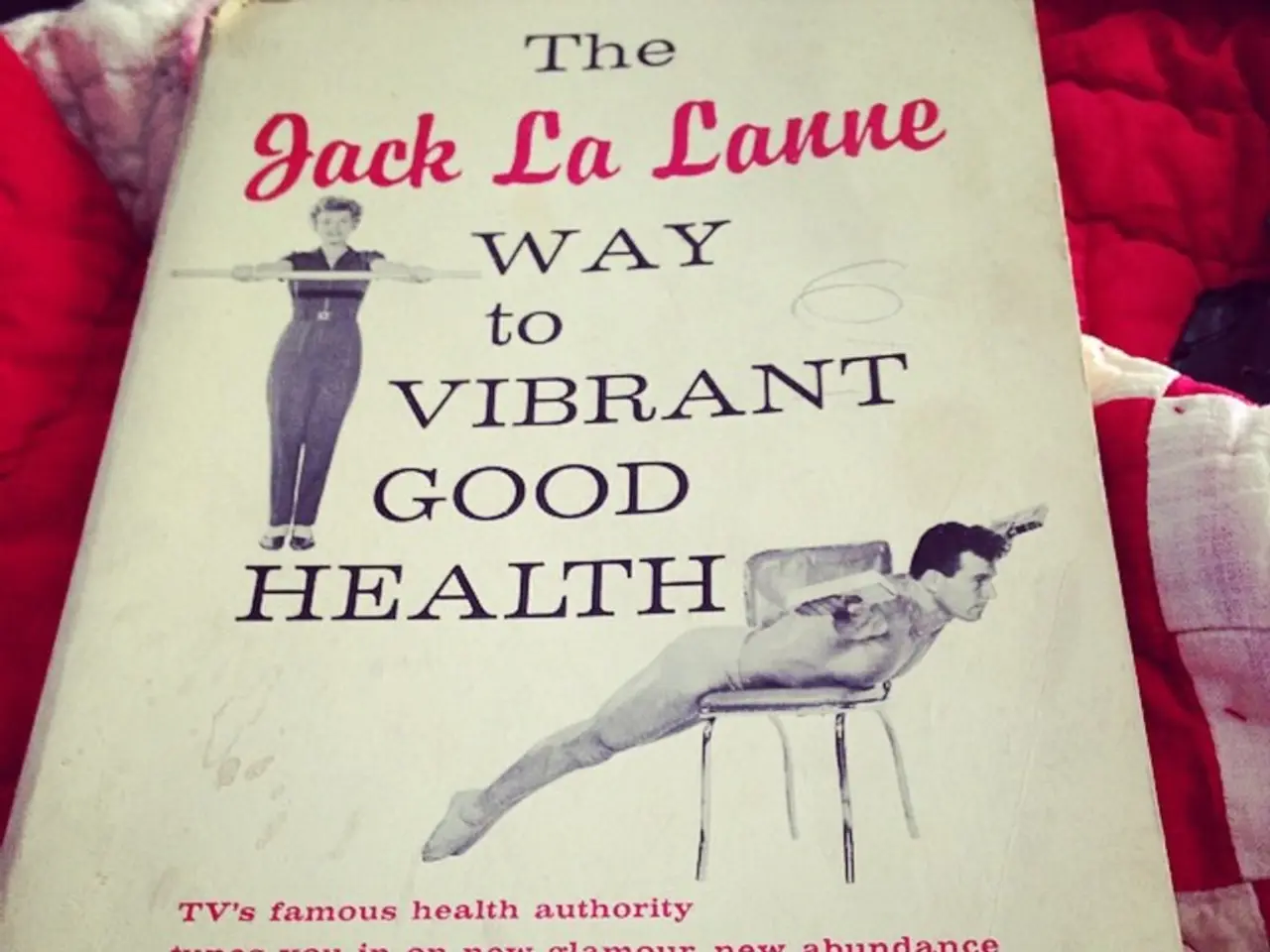Autumn's Shorter Days Trigger Seasonal Affective Disorder in Germans
Autumn's shorter days and reduced sunlight are triggering Seasonal Affective Disorder (SAD) in many Germans. This form of depression, which typically occurs in autumn and winter, is linked to changes in light and temperature.
The reduced daylight hours and sunlight exposure disrupt the body's internal clock, leading to increased melatonin production. This hormone makes people feel sleepy and tired. Additionally, serotonin levels, which regulate mood, drop. This combination results in symptoms like persistent sadness, lack of energy, sleep changes, carbohydrate cravings, and difficulty concentrating.
Biological factors, such as reduced melatonin and serotonin production, play a significant role. However, psychological factors like nostalgia or melancholy can also impact mood during autumn. Some people may even experience a feeling of 'hibernation', with less energy and motivation.
To maintain a good mood in autumn, experts recommend increasing light exposure, regular exercise, social activity, light therapy, and a balanced diet. Light therapy, in particular, has proven successful in treating SAD by regulating mood and energy levels. If symptoms persist, it's crucial to seek professional help.
Read also:
- Abu Dhabi initiative for comprehensive genetic screening, aiming to diagnose over 800 conditions and enhance the health of future generations in the UAE.
- Elderly shingles: Recognizing symptoms, potential problems, and available treatments
- Exploring the Reasons, Purposes, and Enigmas of Hiccups: Delving into Their Origins, Roles, and Unsolved Aspects
- Various forms of cataracts include nuclear, pediatric, traumatic, and additional types







